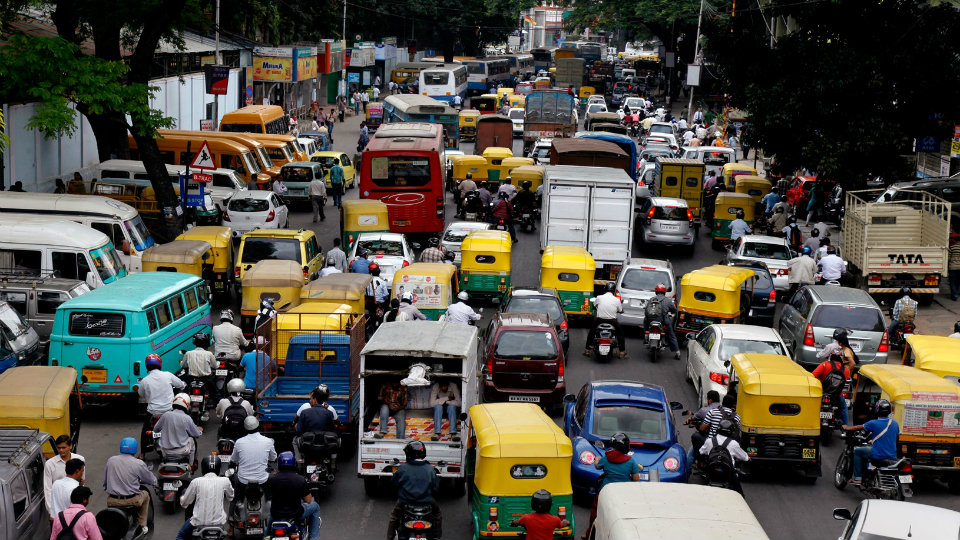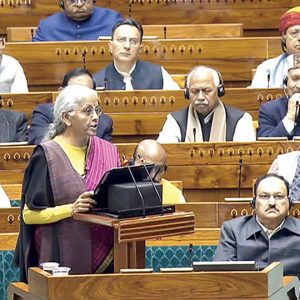The time-honoured distinction between urban and rural profiles of a given geographical area such as India appears to be getting hazy on many counts, except the lifestyle of their residents and also their density for now. Given the steadily changing ratio between the populations of these two territories, we may witness the 50:50 point sooner than later, leading to a reversal of the current 60:40 rural : urban share in foreseeable future. In a contrast of sorts, while the countries of Northern Hemisphere host a bigger share for urbanites than the residents of villages, the dependence of the former on the latter for raising life’s essentials appears to be in a zone of comfort to this day. Countries of Asia in general and India in particular, for reasons not far to seek, have already reached a point to ponder over action on arresting the loss of land needed to raise food, for constructing houses and roads aimed at easing inconvenience to the rapidly expanding urban headcount.
Governments at large can at best formulate policies relating to land use for agriculture, industry and infrastructure needs of the growing population in the country. The manner of implementing those policies in a democracy, as opposed to the manner followed by dictators, has been the undoing of successive governments in India. Now, the ball is clearly in the court of the nation’s people.
Even as the nation’s people at large are watching helplessly its slide from a land of glorious past to one that qualifies to be described as a Banana Republic (a term coined by American author O. Henry), the most important issue of safeguarding both the geographical area exclusively for agriculture and health of the soil for its ability to sustain the fast-growing human population and shrinking of the other supportive species seems to have been sidelined, given the unbounded enthusiasm of people indulging in unrewarding acts, details of which are being carried by dailies of all hues in their columns.
According to a narrative just published in the media, unsustainable farming, excessive mining, heightened factory production and volatile climate are pushing the earth to a breaking point, leading to human conflict and mass human migration. The least that urbanites should do to prevent the impending disaster is to set a limit to their headcount by not crossing the Lakshman Rekha as it were. In short, their watchword is : enough is enough.








Recent Comments